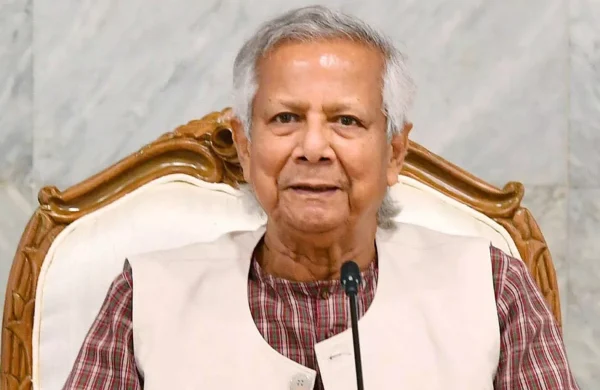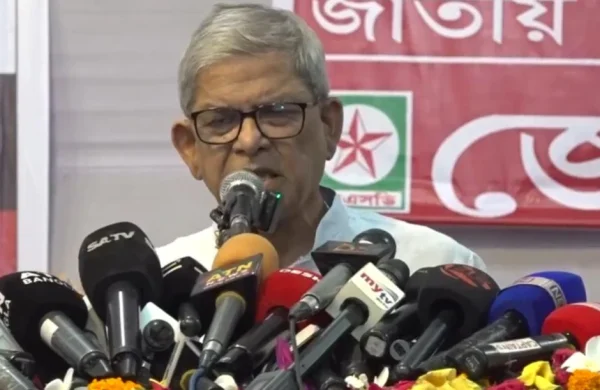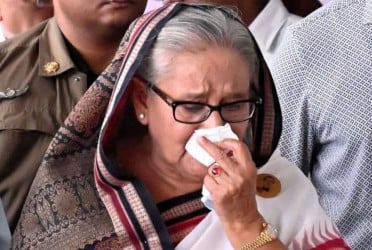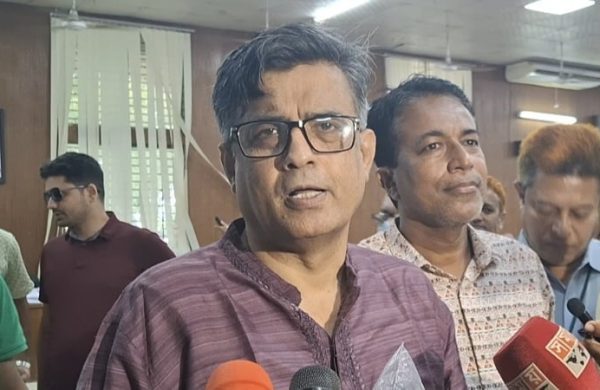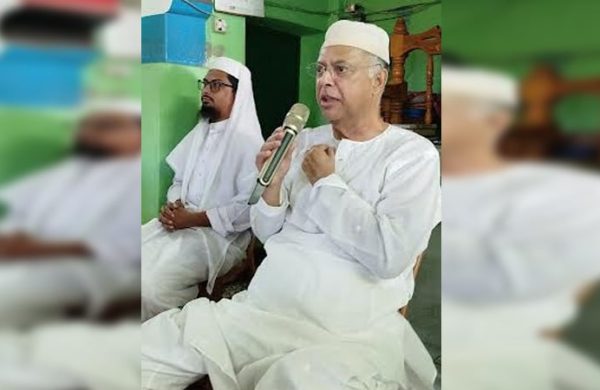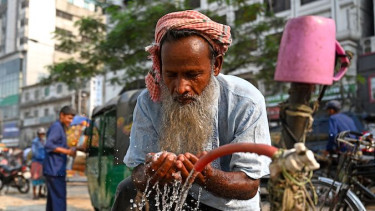CA to decide referendum date soon: Asif Nazrul
- Update Time : Thursday, October 30, 2025
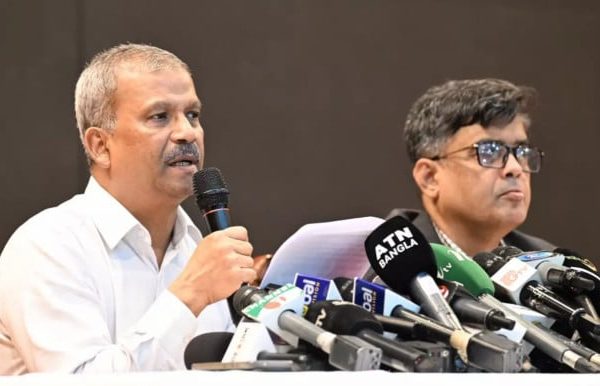
Staff Correspondent:
The chief adviser will make the final decision on July Charter referendum, Law Adviser Dr Asif Nazrul said on Thursday (October 30).
“There is a sharp disagreement among political parties over the proposed referendum. The chief adviser will take the final call on the matter. The decision is expected very soon,” Asif Nazrul said while speaking at a briefing at the Foreign Service Academy in Dhaka.
The adviser also expressed disappointment that such disagreements persist even after 270 days of dialogue between the Consensus Commission and political parties.
“Earlier, the debate was over the content; now it’s about the referendum itself. The parties are taking an increasingly confrontational stance,” he said, adding that the issue was discussed in the advisory council meeting.
Asif Nazrul further questioned, “If any political party tries to impose its decision on the government alone, where is the spirit of July?”
He reiterated that the national elections will be held in the first half of February.
“Ensuring a proper voting environment is not only the government’s responsibility but also that of the political parties,” he added.
The Consensus Commission proposed that the referendum could be held either before or on the day after the national election.
Tensions grew among BNP, Jamaat-e-Islami, and the National Citizen Party (NCP) over the timing of the referendum.
Jamaat wants it before the national polls, while the BNP wants it on the same day as the general election, with two separate ballots.
The NCP, which is also in favour of a referendum before the polls, has insisted that elections cannot take place in the country unless the July Charter is implemented.
Draft of National Human Rights Commission Ordinance gets nod
Asif Nazrul also announced that the advisory council today approved the draft of National Human Rights Commission Ordinance 2025.
“Previously, the commission had no real authority, it was a toothless tiger. Now, it has been empowered to exercise legal powers and play a role under customary international law,” he said.
He added that there would be no separate commission on enforced disappearances, as the Human Rights Commission would handle such cases. “Under the new ordinance, the government is now required to implement the commission’s recommendations following investigations into human rights violations by state forces.”
At the briefing, Chief Adviser’s Press Secretary Shafiqul Alam said the meeting also discussed medical expenses for those injured in the July–August movement.
“Sixty-five people are still undergoing treatment, and up to Tk8 crore has been spent on a single injured person,” he said.




